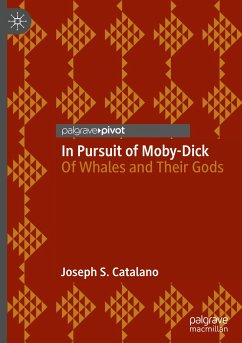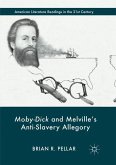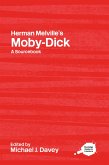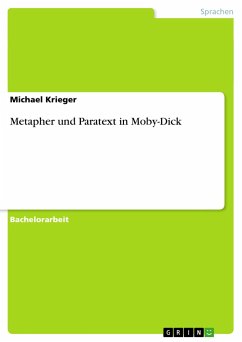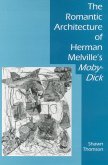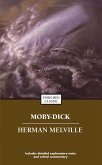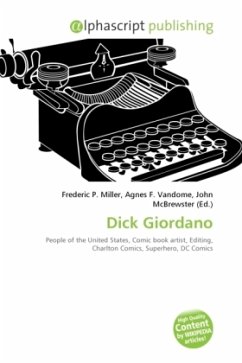This study presents Moby-Dick as a novel with three distinct but interconnecting stories: Ishmael's, which he shares ten years after it has taken place; Ahab's, which is Ishmael's account of the memorable captain of a whaling ship; and a third which centres on whales and whaling, which has not received significant critical attention. While each of these perspectives compete for prominence in the narrative, Ahab and Ishmael's stories have often distracted from the vital significance of the whaling narrative as what outlasts Ahab's obsessive mission. Catalano rights this wrong by coming to a strikingly original and thought-provoking conclusion which becomes the heart of the book's argument: "the unity of Melville's book comes, first, from the way the numerous literary, philosophical, and religious reflections are rooted in those magnificent beings, whales and in the men and ships that pursue them, and, second, in the way these reflections illuminate our own lives."
Bitte wählen Sie Ihr Anliegen aus.
Rechnungen
Retourenschein anfordern
Bestellstatus
Storno

